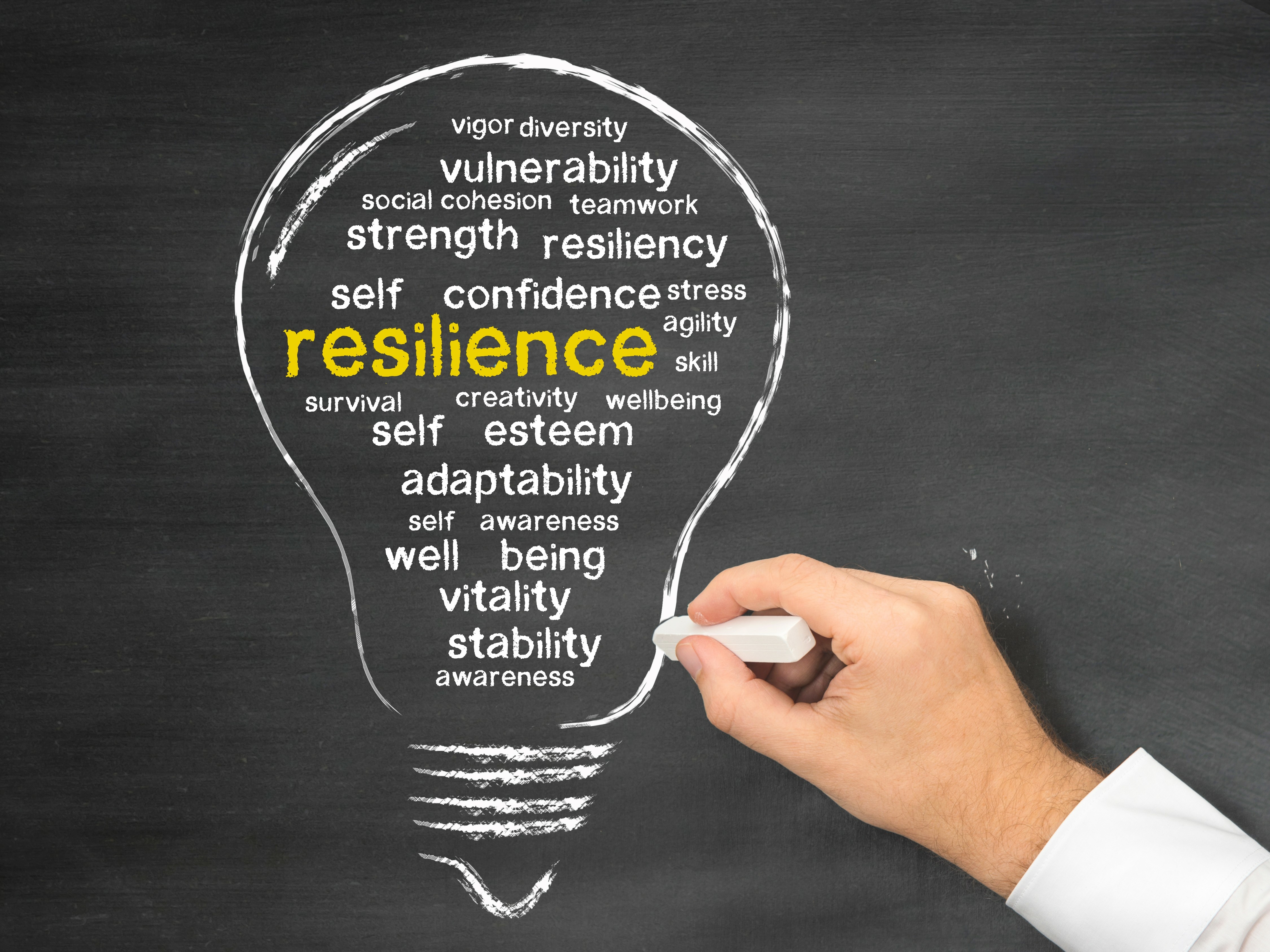Cultivating a Growth Mindset:
Psychotherapist Carol Dweck invented the phrase “growth mindset,” which is fundamental to mental resiliency. People who have a growth mindset think that they can improve their intelligence and skills by working hard and being dedicated. Adopting this perspective helps people become more resilient by reinterpreting setbacks as chances for development and education. Studies have indicated that developing a growth mindset might result in increased tenacity, adaptability, and mental health in general.
It’s critical to accept challenges, see setbacks as teaching opportunities, and have a positive outlook on hard work and persistence in order to develop a growth mindset. Reframing negative self-talk and engaging in self-compassion exercises can also help cultivate a growth mindset and improve mental resilience.
Creating Strong Social Networks:
Since humans are social animals by nature, creating strong social networks is essential to fostering mental resilience. Studies have repeatedly demonstrated that people who have strong social support systems are better able to handle stress and hardship. Maintaining mental health requires a sense of belonging, practical help, and emotional support—all of which are provided by meaningful relationships.
Prioritizing quality over quantity and devoting time and energy to fostering deep connections with friends, family, and neighbors are crucial for fostering stronger social ties. Volunteering, attending social events on a regular basis, and joining organizations or support groups can all contribute to a person’s feeling of community and connection.
Using Stress Reduction Techniques and Mindfulness:
Research has demonstrated that mindfulness, which is the practice of developing present-moment awareness with an open and accepting attitude, has many positive effects on resilience and mental health. Mindfulness-based therapies, which include mindful breathing exercises and mindfulness meditation, have the potential to enhance an individual’s emotional regulation, stress resilience, and psychological well-being.
It is possible to incorporate mindfulness practices into daily life by just setting aside a little period of time each day to practice gratitude and self-compassion, mindful movement, or breath awareness. Regular mindfulness practice has been linked to long-term improvements in resilience and stress management by altering the structure and function of the brain, according to research.
Making Self-Care and Healthy Lifestyle Habits a Priority:
Building mental resilience requires making self-care and healthy lifestyle habits a priority. Physical and mental health are intimately related. Reduced stress and increased resilience can be achieved by regular exercise, restful sleep, a healthy diet, and relaxation methods including progressive muscle relaxation and yoga.
Setting limits, being firm, and partaking in enjoyable and relaxing activities are important ways to prioritize mental and emotional well-being in addition to physical self-care. Taking pauses, engaging in hobbies, and getting help from professionals when necessary are all crucial components of self-care that can support people in managing their stress and preserving their resilience.
Seeking Professional assistance and treatment:
Lastly, those who are having mental health issues or want to strengthen their resilience may find that getting professional assistance and treatment is a helpful resource. Counselors and mental health specialists can offer evidence-based treatments that are customized to each patient’s requirements and objectives, such as dialectical behavior therapy (DBT), acceptance and commitment therapy (ACT), and cognitive-behavioral therapy (CBT).
Counseling provides a secure and encouraging environment for discussing ideas, feelings, and coping mechanisms. It can also help people create useful skills for stress reduction, resilience building, and general well-being enhancement. Therapy may be a life-changing experience that promotes increased mental resilience and emotional well-being, whether one is dealing with specific mental health issues or is just looking for personal growth and development.
Conclusion
To sum up, mental toughness is an essential tool for overcoming obstacles in life and enhancing general well-being. Through the adoption of evidence-based strategies, including developing a growth mindset, establishing robust social networks, engaging in mindfulness practices, placing a high value on self-care, and obtaining professional assistance, people can enhance their mental toughness and prosper in the face of hardship. We enable ourselves and others to experience happier, healthier, and more fulfilled lives as long as we continue to place a high priority on mental health and resilience.
This article was written for WHN by Jeffery Thompson who is a passionate writer & guest blogger. Writing helps him to improve his knowledge, skills, and understanding of the specific industry. He loves writing & sharing his knowledge mostly in the health industry. He believes health is the real wealth & wants to spread his belief across the world. Apart from writing, he loves traveling & cooking.
As with anything you read on the internet, this article should not be construed as medical advice; please talk to your doctor or primary care provider before changing your wellness routine. This article is not intended to provide a medical diagnosis, recommendation, treatment, or endorsement. These statements have not been evaluated by the Food and Drug Administration.
Opinion Disclaimer: The views and opinions expressed in this article are those of the author and do not necessarily reflect the official policy of WHN/A4M. Any content provided by guest authors is of their own opinion and is not intended to malign any religion, ethic group, club, organization, company, individual, or anyone or anything.
Content may be edited for style and length.
References/Sources/Materials provided by:
https://www.worldhealth.net/news/art-aging-gracefully-embracing-positive-mindset-and-aging/
https://www.worldhealth.net/news/importance-self-care-your-health/
https://www.worldhealth.net/news/healing-power-meditation-nurturing-your-mind-body-and-soul/
https://www.worldhealth.net/news/power-positivity-how-focus-good-your-life/
https://www.psychologytoday.com/us/basics/growth-mindset
https://www.forbes.com/health/mind/professional-mental-help/
https://www.nimh.nih.gov/health/publications/my-mental-health-do-i-need-help
https://www.mhanational.org/finding-help-when-get-it-and-where-go




